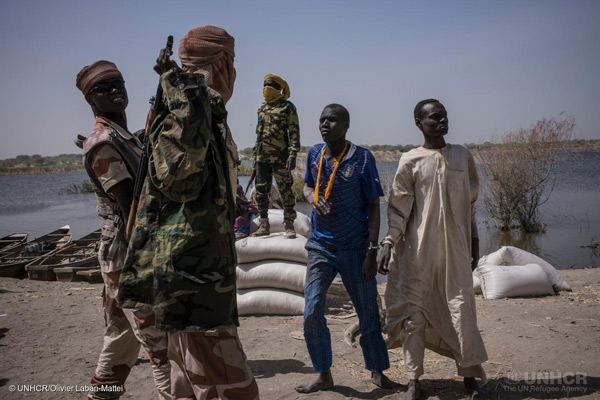Nigeria a safe and sound democracy? No, not exactly so.
In 2015, 29,925 Nigerian nationals applied for asylum in the European Union according to Eurostat figures. But “Nigeria is a democracy”, many claim, stressing it as an excuse to dismiss the need to grant the right to asylum to the Nigerians who make it to Europe. But is Nigeria really the democracy that many Europeans – erroneously – think it is?
In March 2016 the European Parliament Think Tank issued a report focusing on the main human rights violations that occur in current day Nigeria. Nigeria – one of the biggest and most highly populated countries on the African continent – is a very diverse state and is therefore organized as a federal state, with many different tribes and religions. The two main religions are Islam and Christianity, and religious-led violence has been one of the major causes of distress to have affected the state in recent years. The Sunni Jihadi group of Boko Haram has engaged in a real asymmetric conflict with the Nigerian state and population, targeting both Christian and Muslim communities and killing around 15,000 citizens since 2011. The heinous war methods of Boko Haram include indiscriminate killings, abduction of women and girls, forceful conscription of young men and boys, destruction of villages and schools, and torture.
However, in the conflict that ravages the Nigerian state, Boko Haram is not the only party to blame for massive human right violations. Several NGOs reports, and in particular a detailed document published by Amnesty International in June 2015, denounce the crimes perpetrated by the Nigerian Army in its alleged fight against Boko Haram. Amnesty has gathered evidence of “more than 1,200 extrajudicial executions, the arbitrary arrest of at least 20,000 people of whom about 7,000 boys and men have died in detention due to starvation and thirst, severely overcrowded cells, torture and a complete lack of medical attention”.
In fact, the Nigerian security forces are reported to have violated human rights not only in their fight against Boko Haram but also in cases of clashes with civilians. Very recently, in December 2015 the Army allegedly used disproportionate force against protesters belonging to a Shia movement; furthermore, Amnesty International has often reported on arbitrary arrests, incommunicado detention and torture.
A sensitive topic in the defence of human rights in Nigeria concerns equality rights. Despite the Constitutional prohibition of gender-based discrimination, Nigerian women are widely discriminated against and are victims of socio-cultural practices based on customary law that concern forced marriages, widowhood and inheritance. At an equal, or even higher rate, discrimination affects LGBT individuals: in 2014, Nigeria passed a Same-Sex Marriage Prohibition Bill which criminalizes public displays of same-sex relationships.
Is there still ground to believe Nigeria is a safe and sound democracy?


